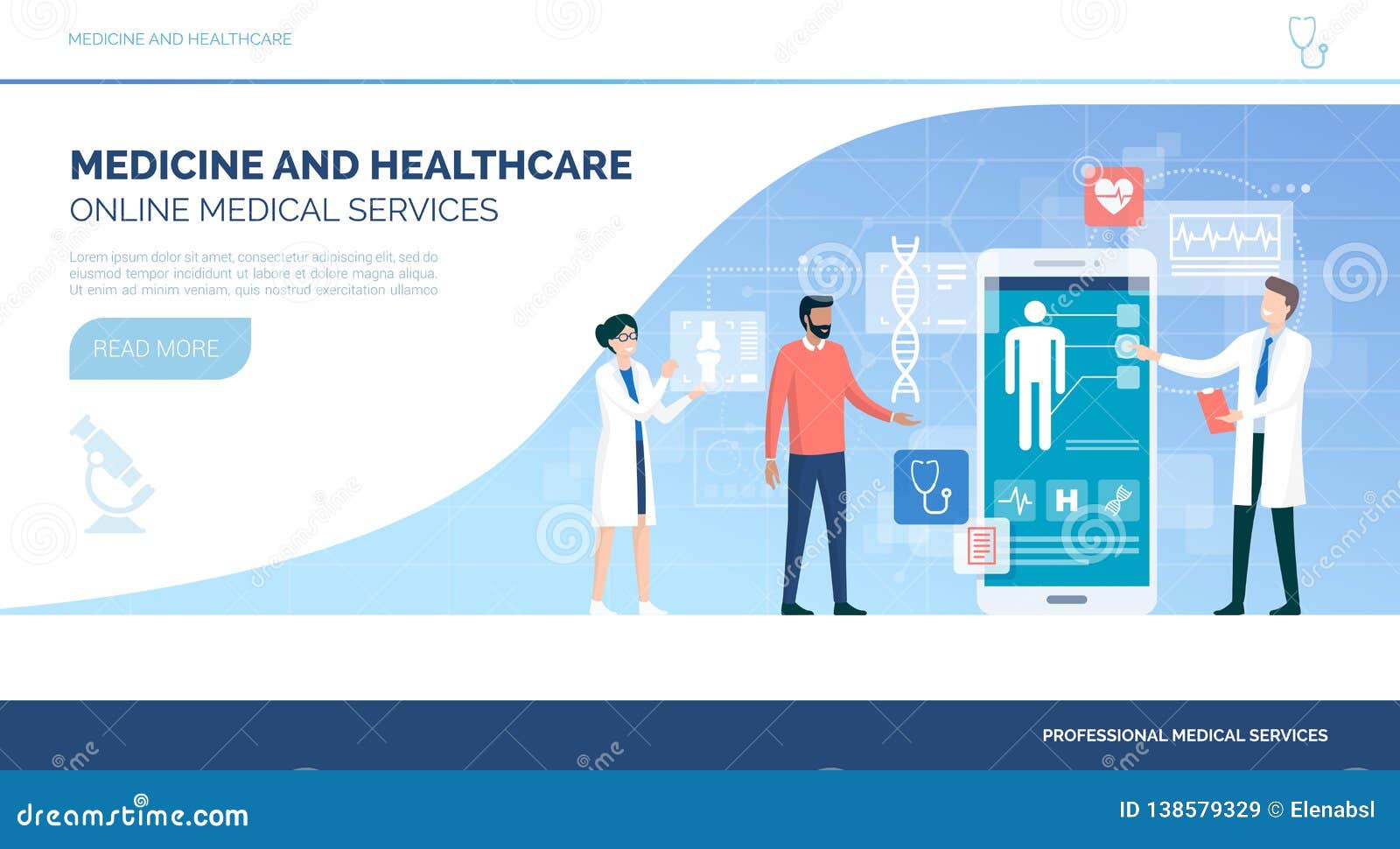Browsing the Future of Medication With Subscription-Based Healthcare Services
As the health care market evolves, subscription-based services become a critical design guaranteeing to reshape client treatment distribution. With the potential to use streamlined, cost-efficient remedies with foreseeable pricing and customized attention, these services stand at the leading edge of contemporary clinical development. As we consider their rise, one must contemplate the implications of incorporating such systems into existing health care structures. What difficulties do they posture in regards to information security and fair accessibility, and how might they redefine the patient-provider relationship? The answers to these concerns could basically alter our method to medical care.
Rise of Registration Medical Care
As health care systems around the globe face increasing pressures from rising expenses and need for services, the development of subscription-based healthcare versions has actually arised as a transformative pattern. This cutting-edge technique is interfering with conventional healthcare shipment by supplying a foreseeable, flat-rate repayment structure for clinical services. Rooted in the concepts of concierge medicine, subscription-based medical care allows suppliers to focus on personalized client treatment while simultaneously managing operational efficiencies.
The boosting customer demand for transparency and predictability in medical care expenditures has actually driven the shift towards this model. Subscription-based solutions typically use straight accessibility to healthcare experts, which can lower the management problems linked with insurance policy cases and repayments.
This version is gaining traction among diverse health care suppliers, from medical care doctors to specialized centers, by lining up economic rewards with constant and preventive care. By changing the focus from volume to value-based treatment, subscription medical care has the possible to reshape the landscape, cultivating an extra patient-centered and sustainable strategy to wellness management.
Benefits for Individuals

Additionally, subscription-based services typically emphasize preventative care, urging regular check-ups and wellness screenings. This positive technique can bring about very early discovery of health and wellness concerns, potentially boosting end results and reducing long-lasting healthcare expenses for clients. Furthermore, such versions usually supply clear pricing, allowing clients to better understand their medical care expenditures and avoid unanticipated medical costs.
The individualized nature of subscription-based medical care additionally boosts individual experience. Clients can receive tailored healthcare strategies that fit their specific demands, promoting a more patient-centric strategy. This personalization can lead to better client complete satisfaction and adherence to therapy plans. Moreover, membership services commonly integrate health cares, supporting people in maintaining total health and health. Eventually, these advantages collectively add to an extra efficient, cost-efficient, and patient-friendly healthcare experience.
Innovation's Duty in Transformation

Synthetic intelligence (AI) plays an important role in predictive analytics, assisting in very early medical diagnosis and tailored treatment plans. AI formulas assess substantial datasets to recognize patterns that may be ignored by human observation, thus boosting scientific decision-making. Digital health documents (EHRs) enhance client details administration, guaranteeing connection and coherence of care throughout numerous services and companies.
Blockchain technology boosts data you can find out more security and personal privacy, important for maintaining individual rely on electronic platforms. It makes it possible for safe and clear deals of clinical data, making certain that sensitive details remains secured. With the integration of artificial intelligence and AI, blockchain can automate complicated medical care processes, lowering management worries.
Considerations and difficulties
While technology moves the abilities of subscription-based health care solutions, it likewise presents a set of difficulties and considerations that need to be dealt with to make sure effective application. One considerable difficulty is the equitable ease of access of these services.
Data privacy and security stand for an additional critical factor to consider. Subscription-based solutions commonly involve the collection and storage of vast quantities of personal health and wellness info. Service providers should comply with strict data defense laws to preserve client count on and prevent unapproved gain access to, which might lead to substantial honest and legal effects.
As health care requires evolve, preserving a cost-efficient balance between registration costs and service high quality is essential to prevent client frustration and attrition. find out this here Addressing these challenges is vital as subscription-based medical care solutions continue to increase and advance.
Future Implications for Medicine
Subscription-based medical care solutions are positioned to dramatically affect the future landscape of medication by improving exactly how treatment is accessed and provided. These designs offer the potential to democratize healthcare accessibility, giving patients with even more individualized and prompt interventions. By leveraging technology, such as telemedicine and data analytics, subscription solutions can promote constant tracking and tailored health monitoring, hence enhancing outcomes and reducing the worry on typical health care systems.
As these services gain grip, they might promote a shift in the direction of preventative care, emphasizing the relevance Recommended Reading of very early detection and monitoring of persistent conditions. This proactive approach might eventually lower health care costs by mitigating the demand for expensive therapies developing from late-stage disease monitoring. Moreover, subscription versions provide a scalable remedy to attend to disparities in health care access, especially in rural or underserved populations.
Nonetheless, the shift in the direction of subscription-based models requires resolving ethical and regulative factors to consider, including data personal privacy and equitable gain access to. As the sector evolves, collective initiatives in between policymakers, technology designers, and medical care service providers will certainly be crucial to establishing durable structures that guard patient rate of interests while cultivating innovation. Ultimately, these services guarantee to add dramatically to a more efficient, patient-centered health care environment.

Verdict
Subscription-based medical care solutions stand for a considerable development in the medical field, offering foreseeable prices and individualized treatment that improve ease of access and prioritize preventative actions. As the medical care landscape progresses, membership models are poised to play a critical duty in shaping the future of medicine.
As the medical care sector develops, subscription-based services arise as an essential design promising to improve individual care distribution.As health care systems around the world face raising stress from rising prices and need for services, the arrival of subscription-based health care models has actually emerged as a transformative fad (subscription based healthcare).With the increase of subscription-based healthcare versions reshaping typical health care delivery, individuals are beginning to experience substantial benefits from this cutting-edge method. As medical care needs advance, preserving a cost-effective equilibrium between membership fees and service top quality is important to protect against individual frustration and attrition.Subscription-based health care solutions are poised to significantly affect the future landscape of medication by improving exactly how care is accessed and delivered